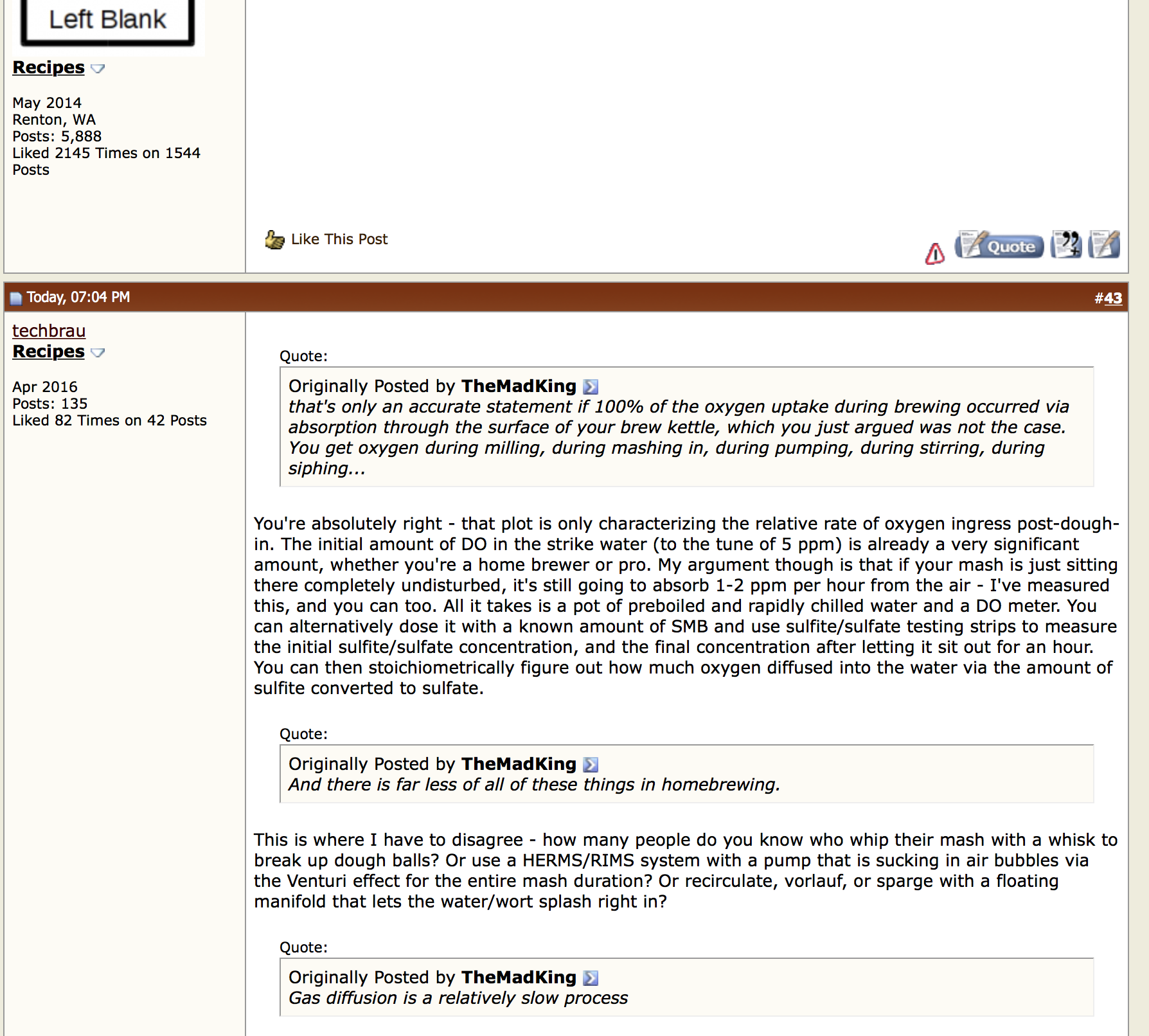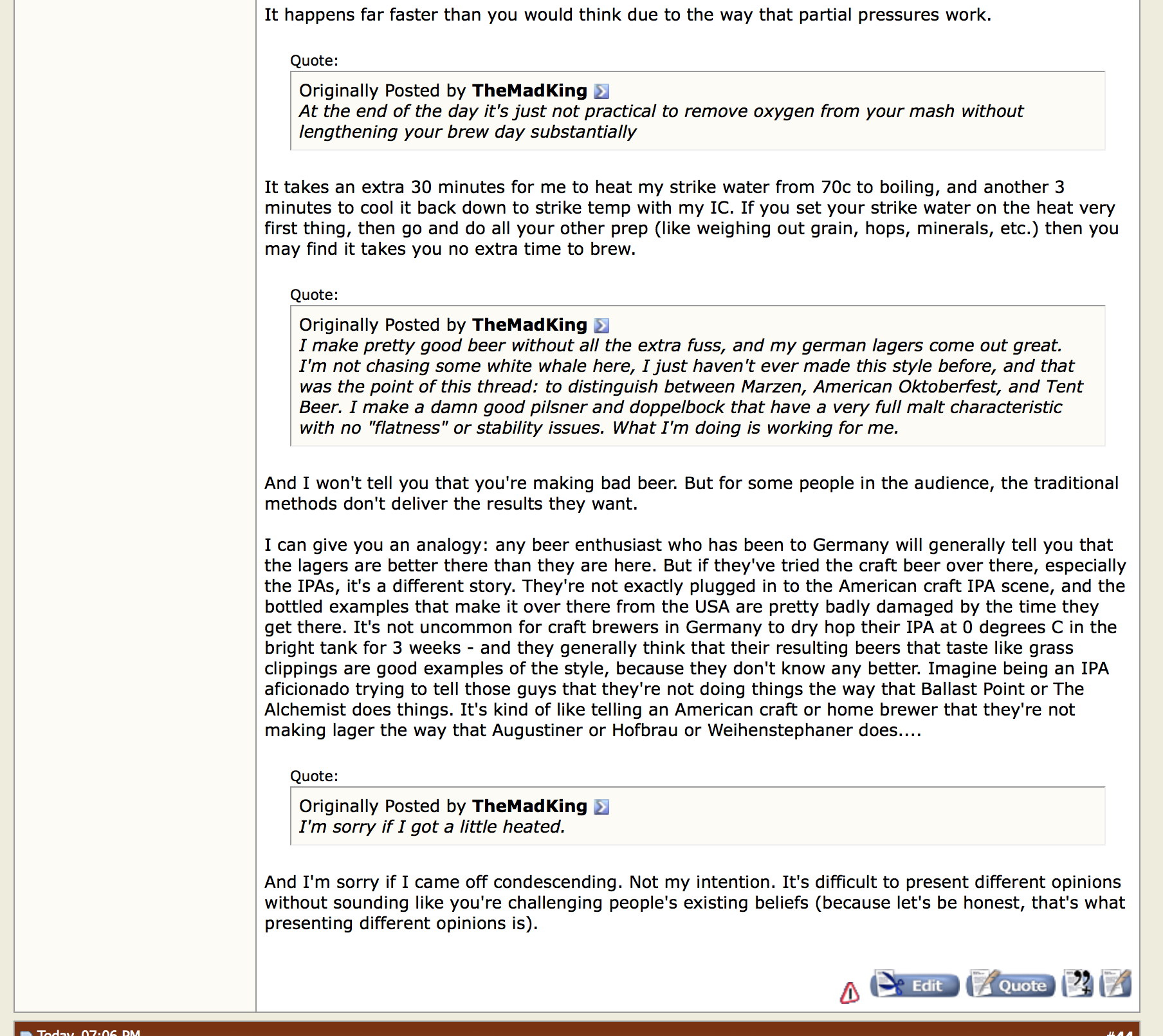Trigger warning: LoDO thread! If that's not your thing, then move along!
Continuation of the discussion from here:
https://www.homebrewtalk.com/showthread.php?t=491294&page=5
I'll kick things off with screenshots of where that thread left off, before my posts were deleted with:


Continuation of the discussion from here:
https://www.homebrewtalk.com/showthread.php?t=491294&page=5
I'll kick things off with screenshots of where that thread left off, before my posts were deleted with:


Last edited by a moderator:


